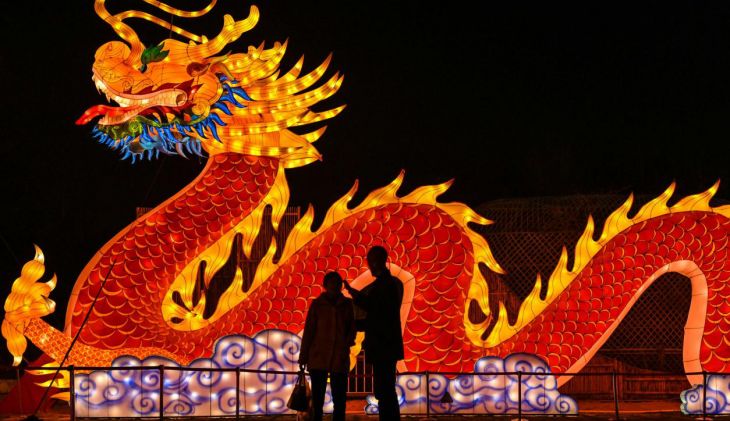U.S. political leaders and academics have raised concerns about China’s growing presence in and influence over Latin America.
“We are losing our positional advantage in this Hemisphere and immediate action is needed to reverse this trend,” argued Admiral Craig Faller, former head of U.S. Southern Command, in 2021.
According to the International Monetary Fund (IMF), during the last decade China’s investment in Latin America has diversified from natural resources to other industries.
China has become a major source of foreign direct investment in Latin America, as well as a major source of technology and weapons.
Indeed, Chinese investment in Latin America has shifted over to transportation infrastructure, electricity generation and transmission, and information and communications technology.
In some countries, for example, China has traded financial investment for permission for telecommunications giant Huawei to establish its presence regardless of the threat that this could pose for the communications infrastructures and national security of many of these countries.
As of 2021 China is Latin America’s largest external financial market at $450 billion.
In 2020 alone, Chinese direct investment in Latin America amounted to roughly $17 billion, mostly in South America. Meanwhile, the state-owned China Development Bank and the Export-Import Bank of China are among the region’s leading lenders; between 2005 and 2020, they together loaned some $137 billion to Latin American governments, often in exchange for oil and used to fund energy and infrastructure projects.
These loans can be a double-edged sword. On the one hand, China makes no demands on receiving countries to implement democratic reforms, respect human rights, or allow for freedom of expression and a free press.
On the other hand, China’s growing control over electricity and communications infrastructure poses national security concerns for recipient countries and, in case of conflict between China and the U.S., threats to American and Canadian security in the region.
“In pursuing its own goals, China ends up profoundly affecting the political as well as the economic character of the region in terms of who benefits and by extension ends up profoundly affecting the security and situation of the United States,” reports Evan Ellis, a research professor of Latin American studies at the U.S. Army War College Strategic Studies Institute.
According to the American Security Project, Chinese infrastructure investment in Latin America likewise presents new risks for U.S. and Canadian national security. The construction of “dual-use assets,” most notably several dozen deep water ports that Chinese firms have been contracted to build, provide both commercial and military value since they can host larger shipping vessels as well as warships”.
In the past China has used its disproportionate economic power to induce Costa Rica, Panama, El Salvador, and the Dominican Republic to renounce diplomatic recognition of Taiwan in favor of Beijing.
The U.S. response to China’s expansion into what has traditionally been an American sphere of influence has appeared to be scattered and unfocused.
Effective foreign policy requires willing partners.
The fact that President Biden was unable to attract many Latin American leaders to the Summit of the Americas in June underscores the tectonic shift in hemispheric diplomacy. The U.S. appears to be out of sync with the region.
As some Latin American leaders become more enthralled with authoritarianism and seduced by Chinese money (with few strings attached), the United States must struggle with its own domestic divisions and the perception by many Americans that Latin American migration is the major hemispheric threat to their security. In this context, some Americans might think that Chinese investment in infrastructure may in fact create economic conditions in the region that serve to keep would-be migrants at home.
According to Professor Richard Feinberg, the Biden team has not uncovered a magical formula to restore democracy to Nicaragua, Cuba, or Venezuela. Sanctions remain in place, and many leaders in the region see little reason to reject Chinese financing of badly needed infrastructure, provided the projects are well designed, carry reasonable financing terms, and respect local laws.
The U.S.’s proposed response to China’s Belt and Road Initiative, Build Back Better World (B3W), appears stuck in planning and may well not get off the ground any time soon. This will leave the Americans far behind China in the bidding for influence in Latin America and for control over strategic and vital resources, services, and infrastructures.
Absent an overwhelming and focused U.S. initiative, the Americans stand to lose their hemispheric clout and have China as a neighbor of sorts in their own traditional sphere of influence.
Keep reading: Congratulations, you’re right!
Edición: Laura Espejo
